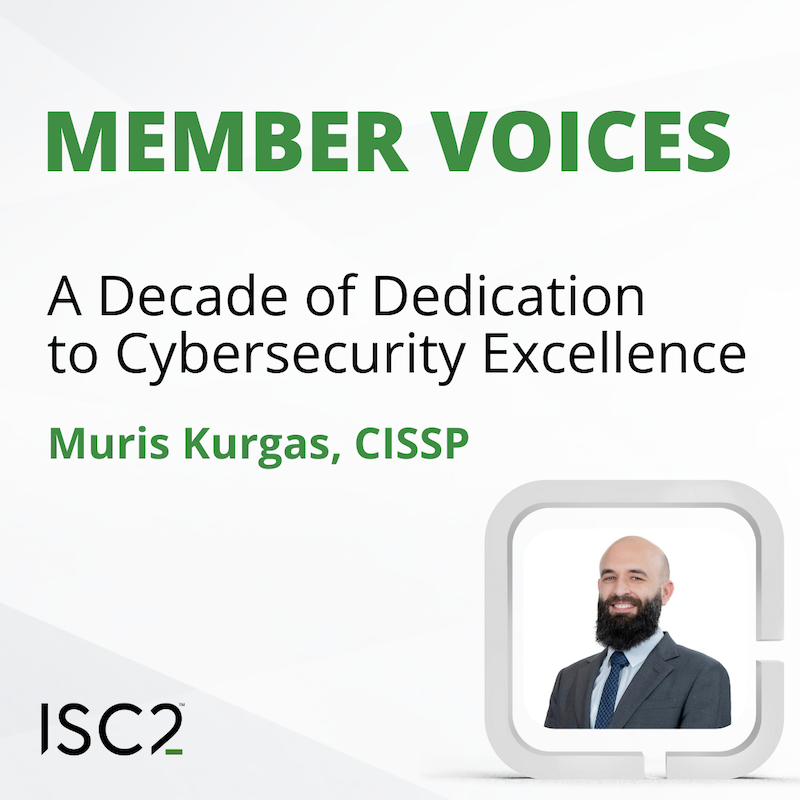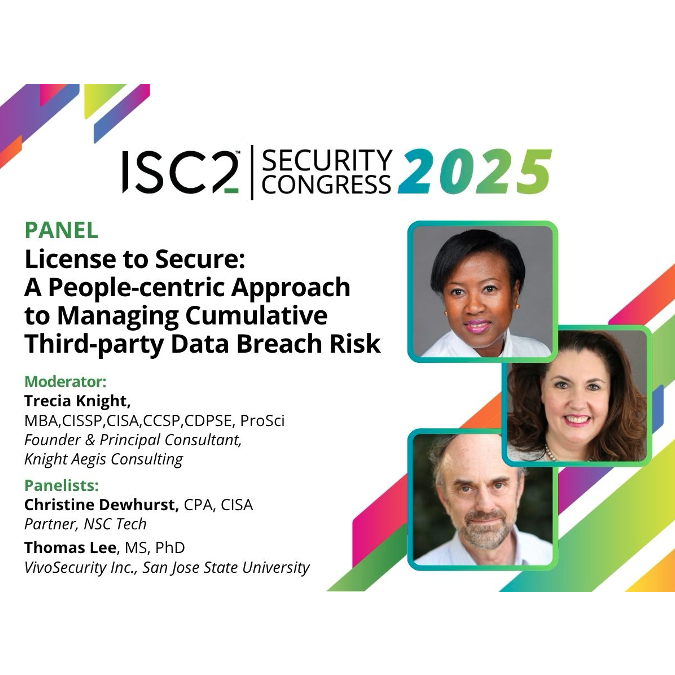If you are reading this, it’s fair to assume you have an idea of what both ISC2’s Certified Information Systems Security Professional (CISSP) and the EC-Council’s Certified Ethical Hacker (CEH) certifications entail. Maybe you are at that crossroads of choosing which of these two popular certifications to pursue and proved to employers that you are the right person for the job. Here are 5 reasons the CISSP is favored over the CEH certification.
I. Conveying Diverse and Proven Experience:
Certifications are favored throughout the industry as being the best way of communicating to employers you have what it takes for the job. The CEH’s focus is more towards proving a candidate has the necessary “knowledge” to perform tasks related to ethical hacking. The minimum requirement to become a CEH is to possess two years of work experience in a single Information Security domain. The CISSP, focus is towards a candidate’s “experience,” requiring a minimum of 4 - 5 years of cumulative paid work experience in at least 2 of 8 information security domains. Anyone able to pass the exam but had not yet the experience may become an Associate of ISC2 until the minimum experience is reached. Additionally, the candidate must be endorsed by a current CISSP in good standing. This multi-faceted, experience-driven, and member-validated approach is one of the many reasons the CISSP certification is considered the “Gold Standard” of the industry and favored among employers seeking well-rounded professionals with proven abilities.
II. Higher Salary:
Many cybersecurity professionals are not in the industry for the paycheck alone, but who doesn’t want to be well compensated for great work? According to EC-Council, the average starting salary CEH candidates can expect is a respectable $90,000 annually. In contrast, Certification Magazine recently conducted a survey of current CISSPs and discovered they command an average annual salary of over $130,000. It’s no surprise that both CEHs and CISSPs are have earned the reputation of being among the highest paid security professionals in the industry, yet the CISSP exceed the CEH in enabling superior compensation for great work while creating significant value to any organization.
III. Career Opportunity / Advancement:
There is no disputing that Information Security professionals are in high demand. Just a quick search in the top employment sites and its clear employers are in need of CEH and CISSP professionals to enhance security operations. Still, the CISSP certification enables far more career opportunities in the Information Security than the CEH. A LinkedIn job search in April of 2019 reveals there are 4,500 available employment positions in the United States alone that list CEH as a minimum qualification. Considering the “two years’ experience in one-domain” eligibility requirement for the CEH, these job roles are more technical (e.g. Senior Penetration Tester, Security Consultant, Security Analyst, Auditor, Network Security Operators). In comparison, the same LinkedIn query for jobs requiring a CISSP within the United States returned astonishing list over 20,000 positions! Considering the CISSP’s strict eligibility requirements for more experienced, well-rounded candidates, this list traverses the entire cybersecurity spectrum, with roles ranging from those supporting security operations (Security Systems Engineer and Systems Architects) to those leading the effort (Security Directors, IT Managers, Chief Information Security Officer, etc.). Without a doubt, the CISSP certification is truly an advantage for those looking to enter the Information Security industry or those seeking to advance.
IV. Strong Global Community:
Let’s face it. Quite often, pursuing a new career is about who you know. And quite often, being a part of a strong community could very well be that extra push to land the job. Same as in many industries, having a strong professional network is ideal to any cybersecurity professional as a way of broadening career opportunities or an avenue of seeking advice. Since its inception in 1994, the CISSP certification has enabled access to a global community of over 130,000 like-minded Information Security professional spanning 160 countries. The CEH certification has rapidly expanded it network since debuting in 2003, with certified members operating globally in 145 countries. Both credentials are largely recognized around the globe, allowing exclusive access to two robust communities of security professionals, and offering the potential to open a world of new opportunities.
V. Member Value:
Last but not least, there’s Value of Membership. By earning the CISSP certification, candidate will instantly become a valued member of ISC2. This non-profit organization provides its members with the tools, events, and opportunities to help advance careers and grow as professionals. Being a member of ISC2 also grants exclusive access to a full suite of programs, discounts, and resources for continuing professional education (CPE) and skill development—including recently launched Professional Development Institute (PDI). The PDI is a world-class resource for timely and relevant continuing education opportunities to help keep today’s security professional’s skills sharp and curiosity piqued. Each course is designed with input from leading industry experts and based on proven learning techniques. And best of all, these courses are absolutely free to members and count for valuable CPE credits.
So, if you are standing at the crossroads trying to decide between becoming a CEH or a CISSP, hopefully these 5 reasons provided a bit of clarity. Both certifications are very popular and for good reason. But if you are looking for a certification the certification that has earned the respect as the industry’s Gold Standard—then look no further than the CISSP!
Download the Ultimate Guide to the CISSP as part of your education.


